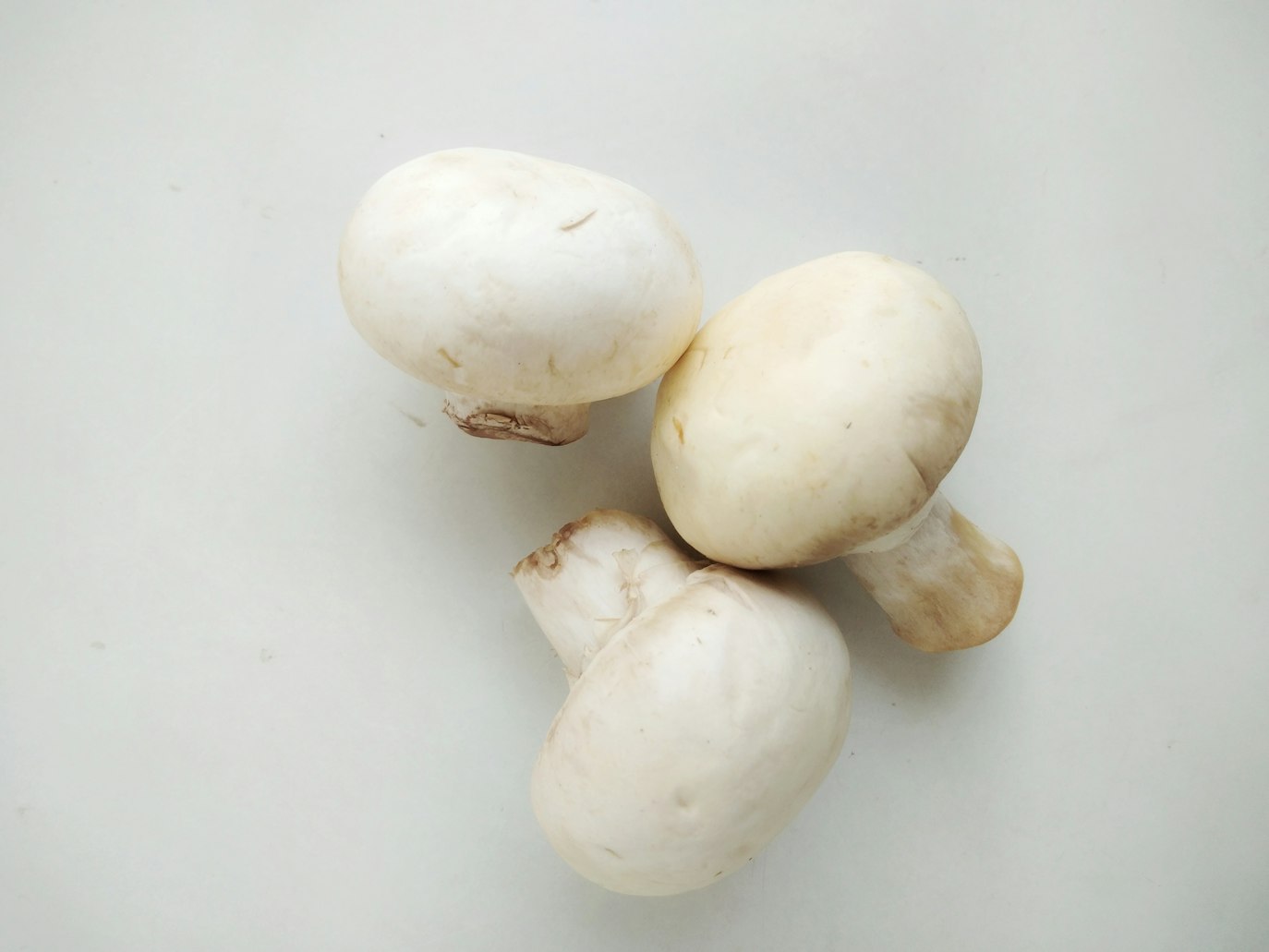Best Keto Sweetener: Finding the Perfect Sugar Substitute for a Low-Carb Lifestyle
Following a ketogenic diet involves reducing carbohydrate intake and replacing it with healthy fats. One of the biggest challenges for individuals on a keto diet is finding suitable alternatives to sugar. Fortunately, there are several keto-friendly sweeteners available that can satisfy your sweet tooth without derailing your low-carb lifestyle. In this article, we will explore the best keto sweeteners, their benefits, and how to use them effectively.
The Importance of Choosing the Right Sweetener
When it comes to selecting a sweetener for your keto diet, it’s crucial to consider a few factors:
- Carbohydrate Content: The primary goal of a keto diet is to minimize carbohydrate intake. Therefore, it’s essential to choose a sweetener with minimal or zero carbs.
- Blood Sugar Impact: Some sweeteners may have a minimal effect on blood sugar levels, while others can cause a significant spike. Opting for sweeteners with a low glycemic index is ideal.
- Taste and Texture: The taste and texture of a sweetener can greatly impact your overall satisfaction. Finding a sweetener that closely mimics the taste and texture of sugar can make your keto journey more enjoyable.
- Health Considerations: Some sweeteners may have potential health benefits, such as antioxidant properties or prebiotic effects. Considering these additional benefits can be a bonus when choosing a sweetener.
The Top Keto Sweeteners
Now that we understand the criteria for selecting a keto sweetener, let’s explore some of the best options available:
1. Stevia
Stevia is a natural sweetener derived from the leaves of the Stevia rebaudiana plant. It has zero calories, zero carbohydrates, and a glycemic index of zero. Stevia is incredibly sweet, so a little goes a long way. It is available in both liquid and powdered forms, making it versatile for various recipes.
2. Erythritol
Erythritol is a sugar alcohol that occurs naturally in some fruits and fermented foods. It has a sweet taste similar to sugar but with zero calories and zero net carbs. Erythritol does not raise blood sugar levels and is well-tolerated by most people, as it does not cause digestive issues like other sugar alcohols.
3. Monk Fruit Extract
Monk fruit extract, also known as Luo Han Guo, is derived from the monk fruit. It is a natural sweetener that contains zero calories and has a glycemic index of zero. Monk fruit extract is significantly sweeter than sugar, so only a small amount is needed. It is available in both liquid and powdered forms.
4. Allulose
Allulose is a rare sugar that occurs naturally in small quantities in certain fruits. It has a similar taste and texture to sugar but with only 10% of the calories. Allulose does not raise blood sugar levels and is considered keto-friendly. It can be used in baking and cooking, but it may be more challenging to find compared to other sweeteners.
5. Xylitol
Xylitol is a sugar alcohol that is commonly derived from birch trees. It has a similar sweetness to sugar and a low glycemic index. However, it does contain some calories and may cause digestive issues in some individuals. Xylitol is not recommended for pet consumption, as it can be toxic to dogs.
6. Inulin-based Sweeteners
Inulin is a type of soluble fiber that can be extracted from plants like chicory root. It has a mildly sweet taste and can be used as a sugar substitute. Inulin-based sweeteners have a minimal impact on blood sugar levels and can even act as a prebiotic, promoting the growth of beneficial gut bacteria.
Using Keto Sweeteners Effectively
While these sweeteners can be excellent alternatives to sugar, it’s important to use them in moderation. Here are some tips for using keto sweeteners effectively:
- Start with small amounts: Keto sweeteners are often much sweeter than sugar, so begin with a smaller quantity and adjust to taste.
- Experiment with blends: Combining different sweeteners can help achieve a more balanced taste and texture.
- Consider the recipe: Some sweeteners work better in certain recipes than others. For example, erythritol may crystallize in baked goods, so using a blend with stevia or monk fruit extract can prevent this.
- Read labels carefully: Some sweeteners may contain fillers or additives that can affect their suitability for a keto diet. Always check the ingredient list before purchasing.
Frequently Asked Questions (FAQ)
1. Can I use regular sugar on a keto diet?
No, regular sugar is high in carbohydrates and will significantly impact your blood sugar levels, making it unsuitable for a keto diet.
2. Are artificial sweeteners keto-friendly?
Some artificial sweeteners, such as aspartame and sucralose, are considered keto-friendly as they have minimal to no impact on blood sugar levels. However, it’s important to note that artificial sweeteners may have other potential health concerns.
3. Can keto sweeteners be used in baking?
Yes, many keto sweeteners can be used in baking. However, some sweeteners may have different properties, such as erythritol’s tendency to crystallize. Using a blend of sweeteners or following specific recipes designed for keto baking can help achieve the best results.
4. Are there any side effects of using keto sweeteners?
While most people tolerate keto sweeteners well, some individuals may experience digestive issues, such as bloating or diarrhea, when consuming certain sugar alcohols like xylitol or erythritol. It’s best to start with small amounts and see how your body reacts.
5. Can keto sweeteners be used in beverages?
Yes, keto sweeteners can be used to sweeten beverages such as coffee, tea, or smoothies. Liquid forms of sweeteners like stevia or monk fruit extract are particularly convenient for this purpose.
6. Are there any health benefits to using keto sweeteners?
Some keto sweeteners, such as stevia and monk fruit extract, have been associated with potential health benefits. Stevia has antioxidant and anti-inflammatory properties, while monk fruit extract may have anti-diabetic and anti-cancer effects. However, more research is





